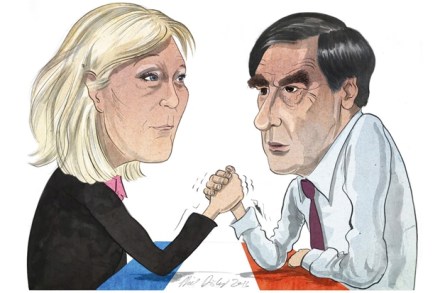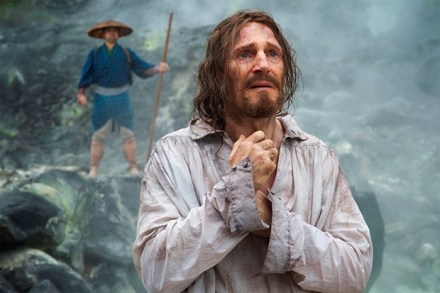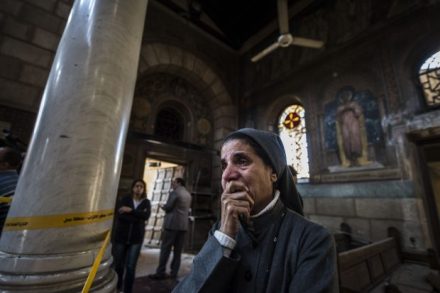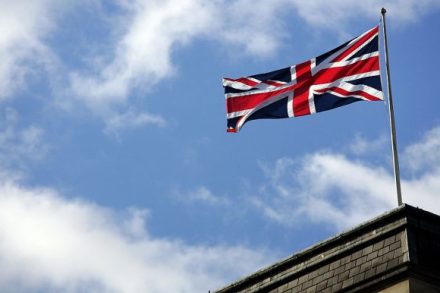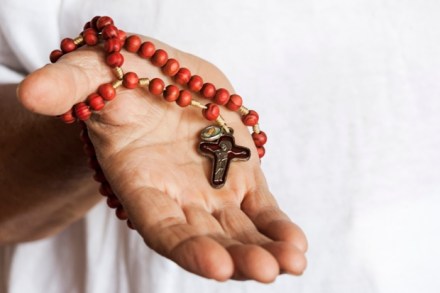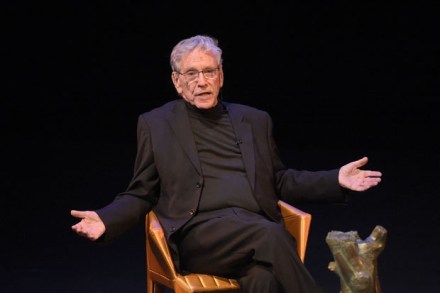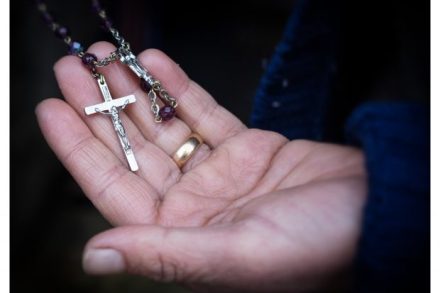François Fillon could become the face of France’s Catholic revival
It strikes me that it’s not much fun being a Catholic in France these days. Strolling back to my apartment in Paris on Christmas Eve, for example, I passed my local church. Inside a midnight Mass was in progress; outside a policeman stood guard. It was the same across France, an army of gun-toting men and women protecting the nation’s cathedrals and churches. They’ll be back at Easter, and on the Ascension and the Assumption. For how long? Who knows how long the country that is known as ‘the eldest daughter of the church’ because of its Christian heritage will need to protect its flock. There’s been just one fatal attack
